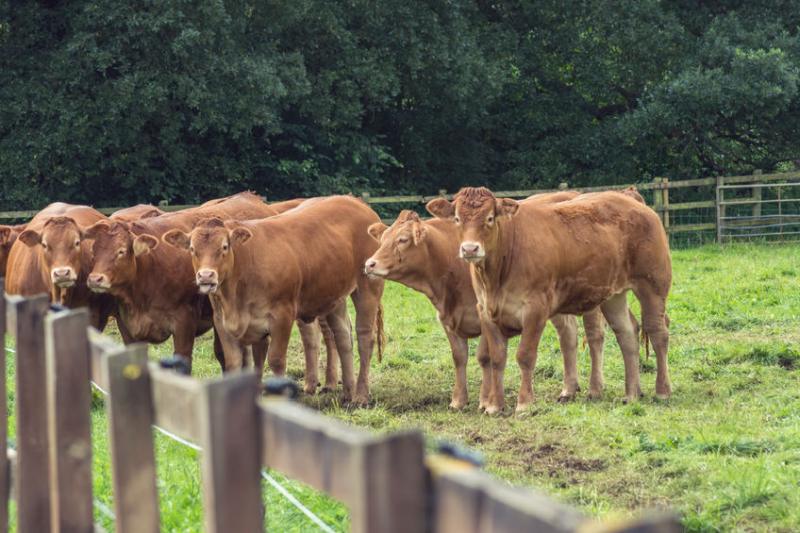Parliament to debate in February the banning of live exports

Parliament is to discuss banning live exports in February, after a petition has gained enough signatories to trigger a debate.
As of 19 January, the petition has gained nearly 55,000 signatures, enough to trigger a response from the Government and to debate the matter in Parliament.
It follows news of the Live Animal Exports (Prohibition) Bill passing its first hurdle in Parliament in October last year.
The Bill will set out a case to garner support from MPs, laying the groundwork to persuade the Government to bring about an end to live trade in future legislation.
The online petition reads: "The transport of live animals exported from the UK causes immense suffering. This trade is governed by EU law, not the UK Government.
"The Government should plan legislation to ban the export of live farm animals in favour of a carcass only trade and introduce this as soon as we leave the EU."
Parliament will now debate this petition on 26 February 2018.
'As close as practicable'
The government has a Manifesto commitment to take steps to control the export of live farm animals for slaughter, as the UK leaves the EU, and will be considering options in this context.
It responded: "The Government believes animals should be slaughtered as close as practicable to their point of production. A trade in meat and meat products is preferable to the long distance transport of animals to slaughter.
"Once we leave the European Union, and in line with our manifesto commitment, we can take early steps to control the export of live farm animals for slaughter.
"We have made clear in Brussels that we support improvements being made to enforcement across the EU of existing rules on the long distance transport of livestock. We have also supported calls for the European Commission to make improvements to the existing EU Regulation on protecting animal welfare in transport."
'Adverse impacts'
However, farmers have challenged the credibility of proposals to ban the live export of livestock from the UK following Brexit.
One farm group, the Ulster Farmers’ Union (UFU), said the economics of livestock production in Northern Ireland would be "severely hindered" if the ban was imposed and this would have "adverse impacts" for the environment and rural areas.
Northern Ireland is one of the most productive livestock regions in Europe. It has a strong cattle and sheep industry which is highly dependent on live exports to maintain the economic viability of the sector.
Five year averages for Northern Ireland show that almost 60,000 cattle and 485,000 sheep are exported live annually to a variety of destinations in Great Britain, the Republic of Ireland and also further afield in continental Europe.
The National Sheep Association (NSA) said it is "dismayed and disturbed" by the thought of a live export ban.
NSA chief executive Phil Stocker said: “To me this suggests an unwillingness to work with the industry on practical solutions that really will improve animal welfare rather than just pander to the noise being made by campaigners.
“For sheep, a ban on live exports would put an end to the majority of our live export movements across the Irish border when these animals may only travel short distances.”








